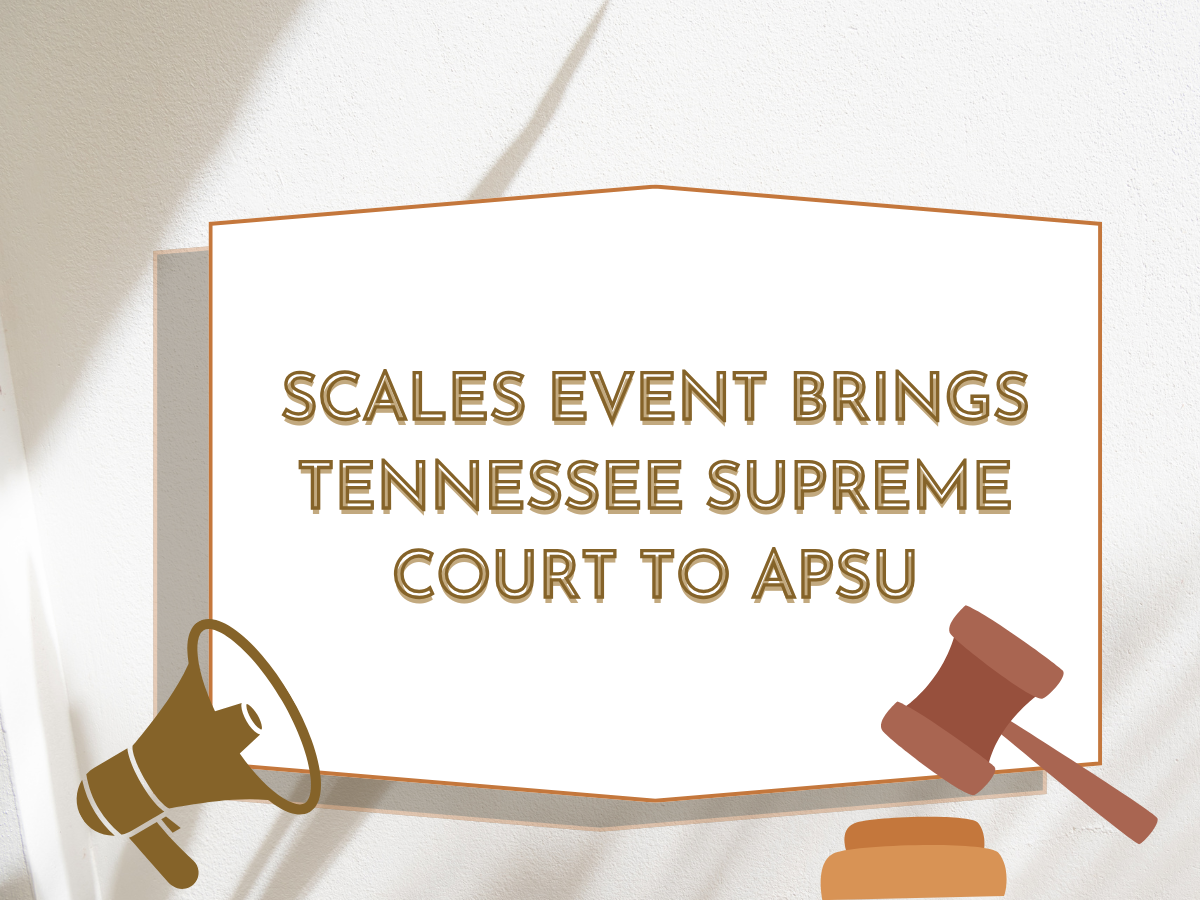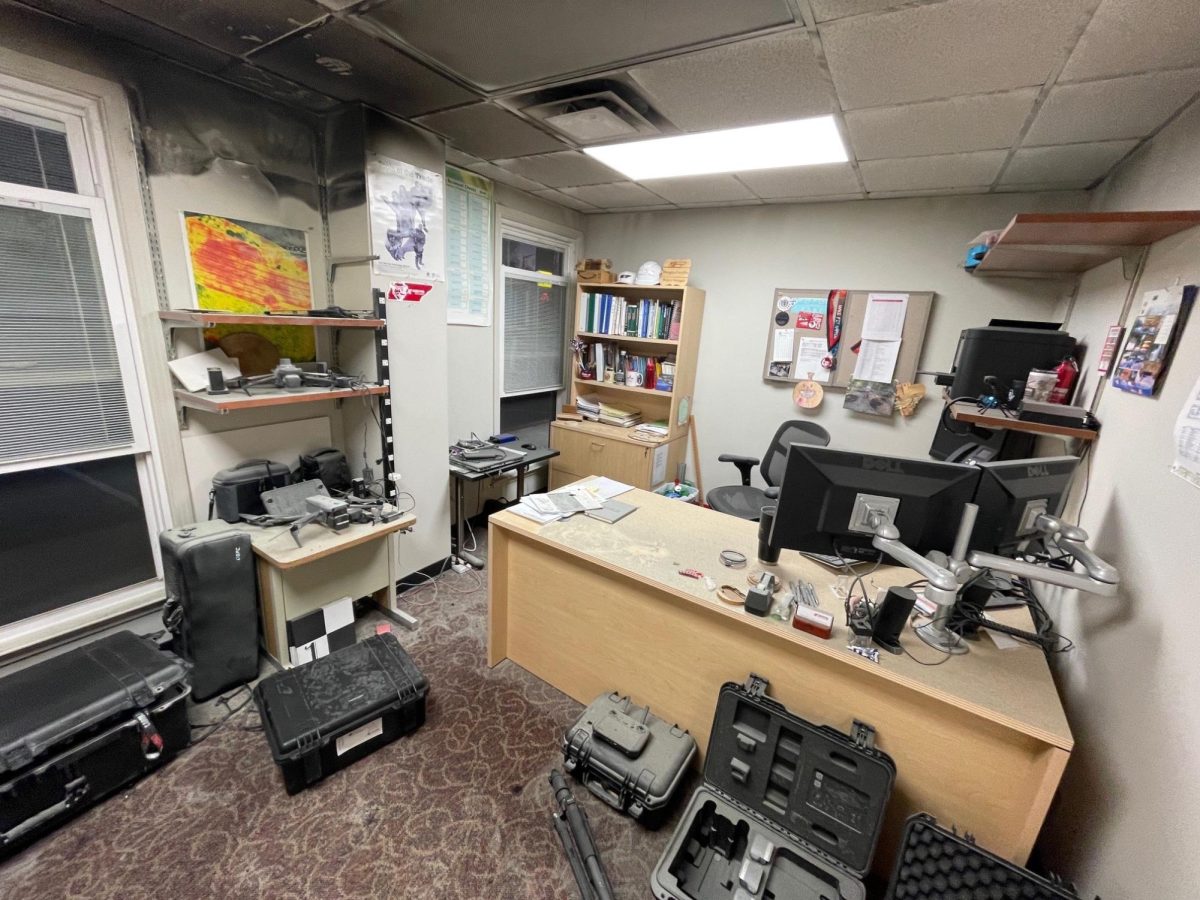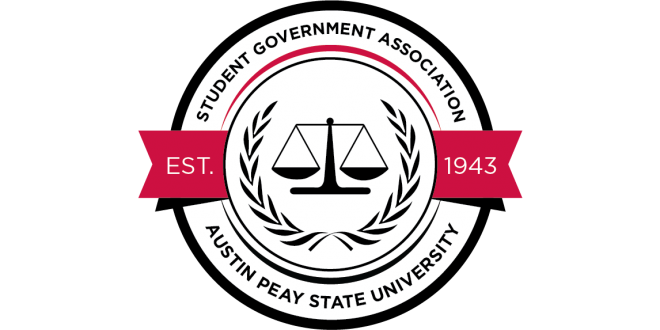Artrice Pray, who was elected as junior senator in the Student Government Association, is appealing his seat back in response to President Will Roberts’ executive order that Roberts used to remove him from office for actions “detrimental to SGA.”
Pray is a suspect in a case involving counts of vehicular burglary, credit card fraud, identity theft and forgery. The executive order Roberts signed was in response to warrants for Pray’s arrest released on Monday, June 8.
“After Roberts attempted to use his executive status to remove me from my duly elected position … I immediately performed my own research into our bylaws and cross-referenced his reasoning with our actual protocol and procedures,” Pray said in an email to The All State.
According to Pray, Roberts emailed him on Tuesday, June 16, and based his reasoning on Article 6, Sec. 1.1 of the SGA bylaws, which states:
“Any officeholder of the executive, legislative or judicial branches, whether with voting power or otherwise, may be removed from office in violation of the SGA constitution, associated bylaws, Electoral Act and/or if found responsible for violating the student code of conduct and/or student handbook. Officers may also be removed for a failure to perform duties or for acts detrimental to SGA.”
Pray’s counterargument is based on the ambiguity of the word “officer,” as well as another SGA bylaw.
“Seeing as though I am not an officer as the statute requires, my removal could not be automatic or unilaterally decided, as [Roberts] was attempting to do,” Pray said.
Roberts said the executive order will set a standard for SGA.
“Nowhere in my executive order is Pray mentioned therefore this act was not solely for his removal and it will be a permanent clause in the bylaws,” Roberts said. “Also, Pray is protesting the word ‘officer’ in the guiding documents since it is not directly defined, nor is any other common word defined, as the word officer refers to any person of elected or appointed office or position of power.”
SGA bylaw Article 6, Sec. 2.1 states:
“Failure to perform the duties of any officeholder as set forth in the bylaws shall cause said officeholder to be brought before the Internal Affairs Committee. If the Committee finds that an officeholder has failed to perform their duties, the Committee shall initiate removal proceedings.”
Pray said he is entitled to these proceedings.
“After a long exchange between [Roberts] and I, [Roberts] conceded it be best if protocol is followed, and my status in SGA be decided by the Internal Affairs Committee,” Pray said.
Roberts said the executive order is pending approval from the senate and tribunal.
“Upon approval … Pray will be brought in front of SGA’s Internal Affairs Committee for removal procedures,” Roberts said. “I see the charges listed in his criminal investigation as a detriment to our student government and I am sure that the six justices of the Student Tribunal and the members of the Internal Affairs committee will as well.”
Pray said he disagrees with Roberts’ signing of Executive Order I.
“[Roberts’] executive order to remove me from SGA occurred before his executive order to change our bylaws which advanced his agenda to make it constitutional for him to remove me from office,” Pray said.
Roberts said he is acting in concern for the APSU student body.
“I do not have a personal agenda to remove any officer from SGA, but I do have a responsibility to represent our students’ best interests and that includes ensuring the integrity of the student government,” Roberts said.
Pray also dissents with the order’s language.
“Another issue is if a pending criminal investigation that is completely independent of campus activity, constitutes ‘detriment to SGA,’” Pray said.
The Internal Affairs Committee including Chief Justice Lucas Bearden will decide on the status of Pray’s seat at a later date when Pray will appear in front of the council to appeal his seat.
“Things are not always as they appear,” Pray said. “This is a legal matter in question and I am by all means, presumed to be innocent until proven guilty in the Court of Law.”
This story will continue to be updated as new information arises.











